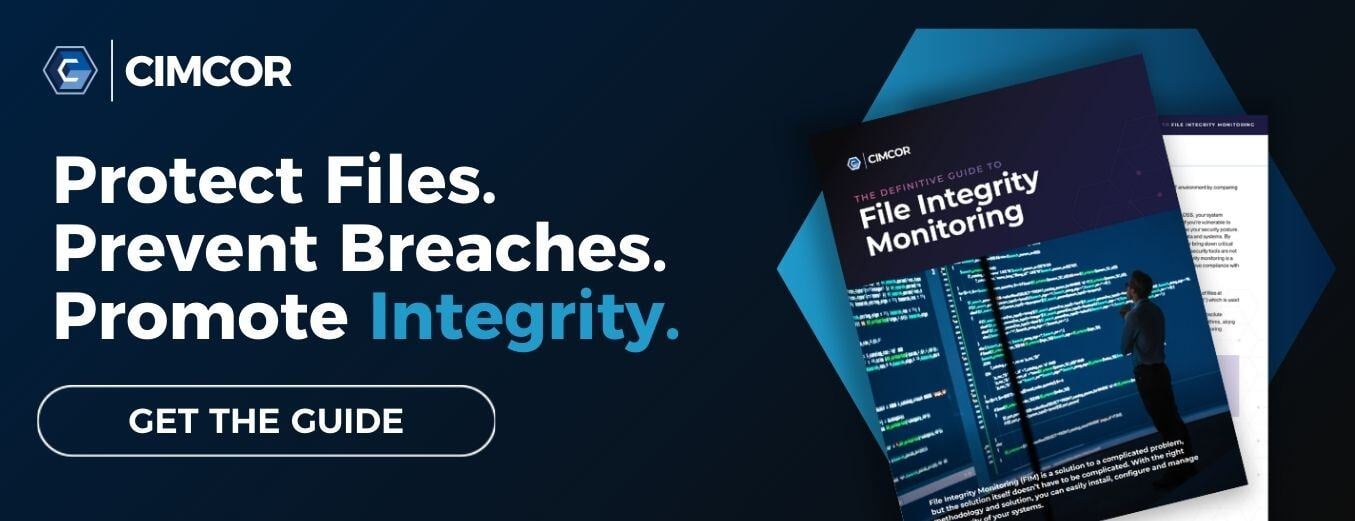In the past decade, social engineering attacks have become more sophisticated and prevalent than ever. From AI voice impersonation to deepfake video calls, cybercriminals are leveraging the latest technology to make their scams increasingly convincing. Despite growing awareness of these threats, social engineering remains one of the most successful attack methods because it exploits something technology can't secure—human psychology.
More than 70% of successful breaches start with social engineering attacks. Whether you're a business professional, student, or retiree, understanding how these scams work is your first line of defense.
What is Social Engineering?
Social engineering is a form of cyber attack that exploits human behavior rather than technical vulnerabilities. It involves manipulating people into divulging confidential information or performing actions that compromise an organization's security. Unlike traditional hacking methods that target system weaknesses, social engineering focuses on exploiting human trust, habits, and decision-making patterns.
7 Most Common Types of Social Engineering Attacks
.png?width=748&height=374&name=Social%20Engineering%20(1).png)
- Phishing: Criminals cast a wide net using fake emails that appear to be from legitimate companies, hoping to trick recipients into sharing sensitive information or clicking malicious links. These messages often include a false sense of urgency or an enticing reward for immediate action.
- Spear Phishing: Unlike general phishing attempts, spear phishing targets specific individuals or organizations, using researched information to create highly convincing and typically well-timed messages. Attackers spend time gathering details about their target's work, relationships, and habits to create a scam that is harder to detect.
- Baiting: Scammers use physical or digital lures, such as infected USB drives or tempting downloads, to hook curious victims into compromising their security. The bait often promises something valuable or interesting, like a free movie download or a "lost" thumb drive labeled "sensitive information".
- Pretexting: Unlike quick-hit phishing scams, pretexting involves creating elaborate scenarios and building relationships over time to gain trust (think romantic/personal catfishing, but targeted at business professionals to gain company information or access). These long-term deception campaigns typically involve multiple interactions where scammers pose as new business contacts, vendors, or fellow business professionals to slowly gather information or access.
- Quid Pro Quo: Scammers offer something of value in exchange for information or access, often masquerading as technical support or service providers. These attacks target people's desire for assistance, offering help or services while secretly gathering sensitive information. For example, a "tech support agent" offers to help speed up your slow computer in exchange for remote access to your system, or someone claiming to be from your company's IT help desk offers a software license upgrade if you provide your login credentials.
- Tailgating: Criminals gain unauthorized physical access to secure areas by following a legitimate employee through security doors or checkpoints. This scam heavily relies on natural human courtesy and reluctance to question someone who appears to belong.
- Smishing: As you may have guessed from its name, smishing is a text message-based phishing attack that uses urgent or enticing SMS (text) messages to trick recipients into clicking malicious links or sharing sensitive information. These scams often impersonate banks, delivery services, or government agencies to create a false sense of legitimacy. According to the 2023 Federal Trade Commission (FTC) Data Analysis, 10% of all reported smishing messages were from bank impersonations.
How to Avoid Social Engineering Attacks
1. Be Aware of What You Share
The sophistication of today's cybercriminals demands constant vigilance from end users, particularly on social media, where oversharing creates opportunities for scammers. What seems like harmless information - vacation schedules, office locations, and project details - can become valuable intel for social engineers.
Consider implementing a "need to share" policy for yourself before posting, and ask whether the information truly needs to be public or can be shared with a limited audience. If you are sharing potentially sensitive information, be cautious of any timely messages that reference the update suspiciously.
2. Enable Multi-Factor Authentication (MFA)
The convenience of having a single password for every account often outweighs security concerns for many users, making them easy targets for social engineers. While it is recommended that users never use the same password twice and have long, complicated passwords (23+ characters including capitals, numbers, special symbols, etc.), even strong passwords can be compromised through social manipulation tactics. Multi-factor authentication adds a critical layer of protection, requiring both your password and secondary confirmation (such as authentication codes, security keys, or biometric data) to access the account.
The extra steps may feel like a bit of an inconvenience, but the extra steps create a significant barrier for scammers and it is still far less inconvenient than dealing with a successful hack. Consider using a password manager, such as 1Password, to generate and store unique passwords and passkeys for each login.
3. Verify, Then Trust
When faced with unexpected requests, follow the "trust but verify" principle. Whether it's a colleague asking for sensitive files, IT requesting login credentials, or a vendor seeking system access, always verify through known, official contact methods—not those provided in the potentially suspicious message. Remember that legitimate organizations have established protocols and won't pressure you to bypass security measures, even for "urgent" matters.
4. Stay Informed
As general awareness increases and technology evolves, scammers have to become more creative and sophisticated in their approaches. Tips that worked for avoiding these attacks five years ago may seem obvious today, but new tactics are constantly emerging. Social engineers now leverage artificial intelligence to create convincing deepfakes, clone voices, and generate personalized phishing messages. They can monitor trending topics, global events, and company announcements to craft contextual and timely attacks that feel authentic. Your best defense is to stay updated on the latest social engineering tactics through reputable cybersecurity news sources, professional networks, and your organization's security updates/training.
Protecting Your Digital Identity in 2025
The reality is that today's digital world demands a balanced approach to online presence and security. A decade ago, best practices would have told you to mask your employer, role, and possibly even full identity on social networks, but with the rise of business intelligence databases like ZoomInfo and professional networking platforms like LinkedIn, that recommendation is no longer feasible. So, while social engineers are skilled at piecing together information from multiple sources, this doesn't mean you need to disappear from the internet. Instead, focus on implementing smart and consistent security practices that then become a habit.
Consider everything you share as a part of a larger puzzle. Posts that seem harmless - like vacation photos, job updates, or routine activities - can provide valuable insights to a scammer when combined, so delay sharing time-sensitive information and review your privacy settings across all of your platforms regularly.
If you suspect you've been targeted by a social engineering attack, act quickly:
- Immediately change passwords for any potentially compromised accounts (error on the side of caution if you're unsure)
- Enable MFA or Authorization Apps if you haven't already
- Contact your IT department (if it's work-related or access to the company network is at risk)
- Report the incident to the relevant platforms and authorities
- Document everything - screenshots, emails, messages, calls, etc. - before deleting suspicious content and blocking the individual(s)
Remember, social engineering threats aren't limited to any single platform or location. By staying alert and knowing how to respond to potential attacks, you can better protect yourself while maintaining an active digital presence.
.png?width=50&height=50&name=Kayla%20%20(1).png)
February 18, 2025




